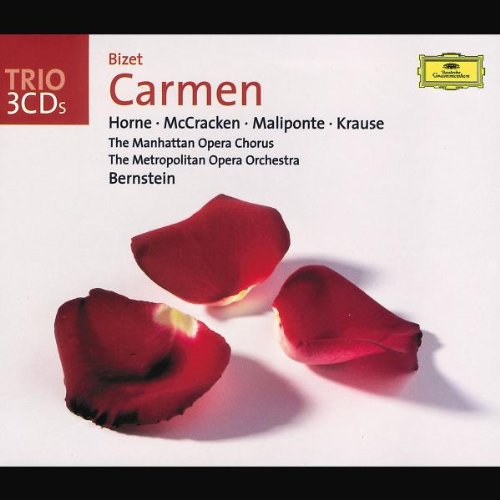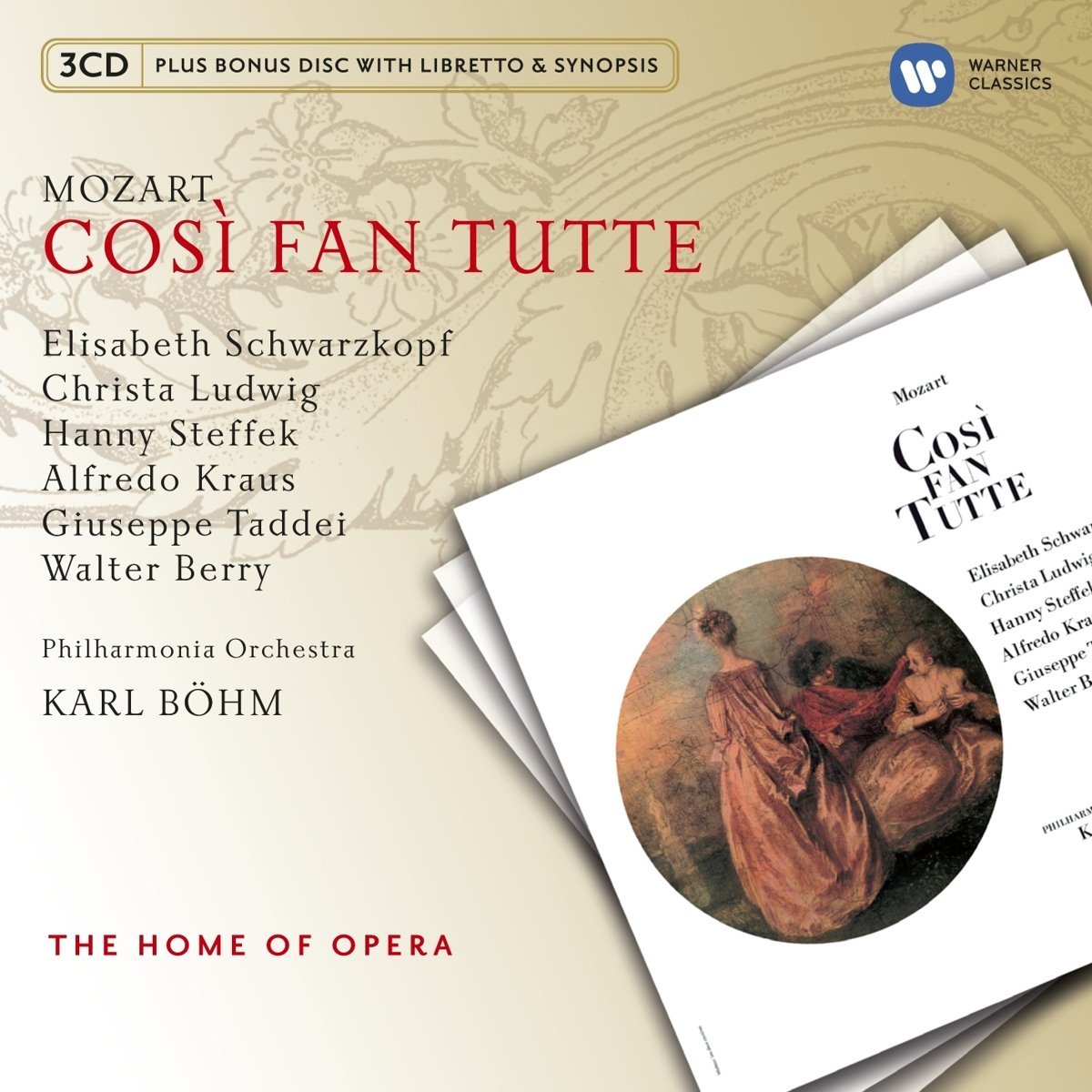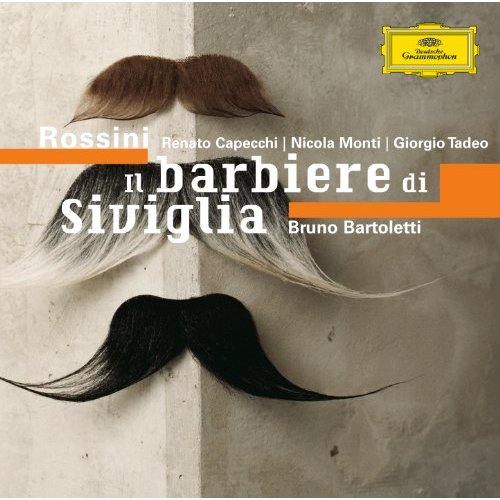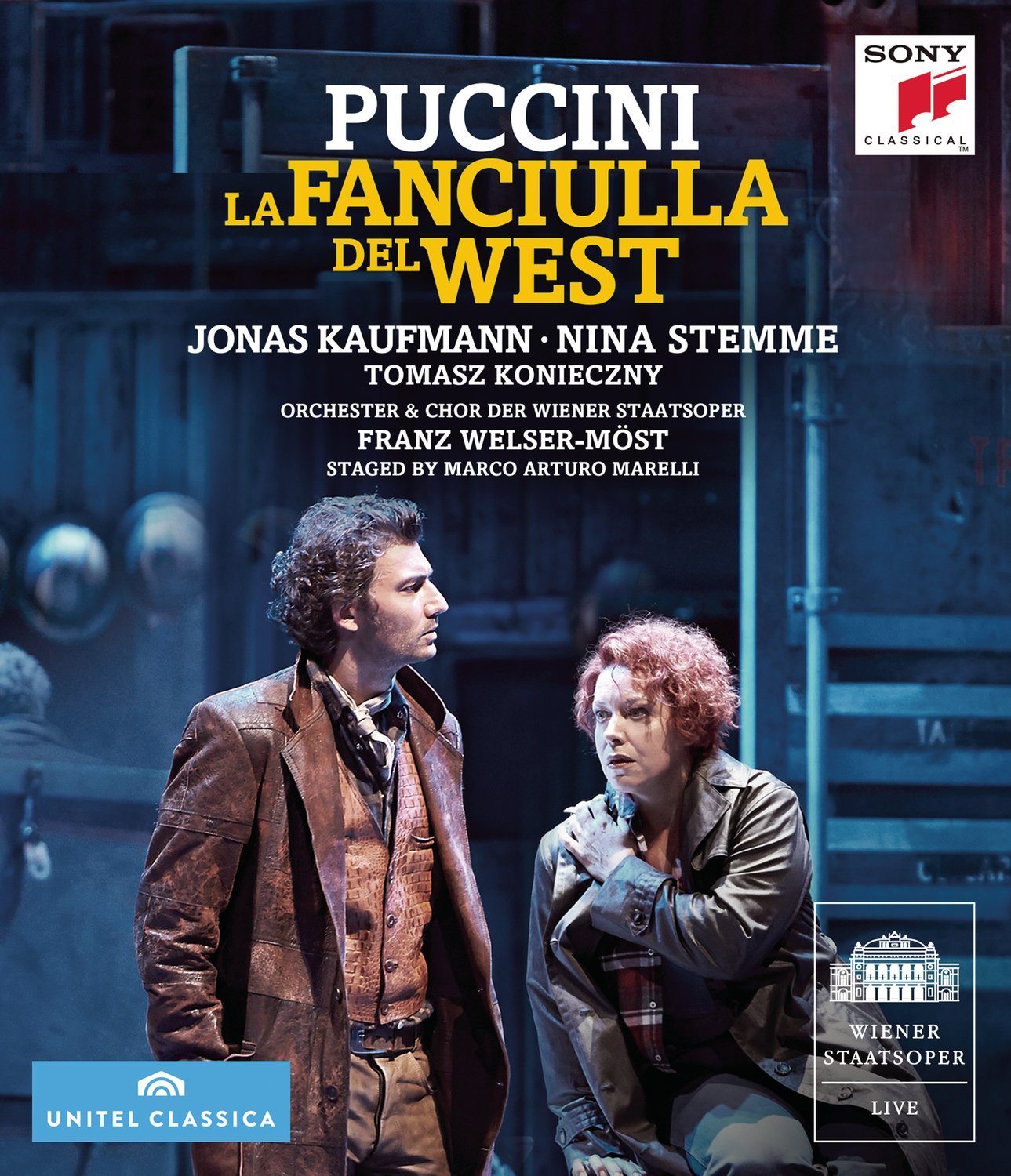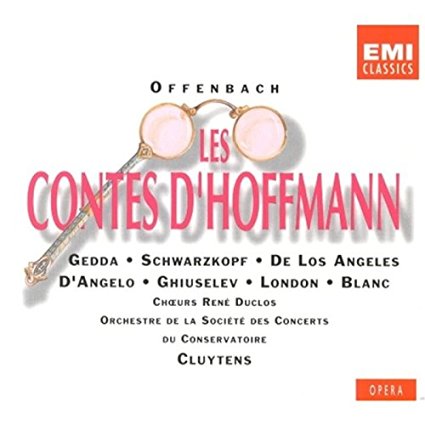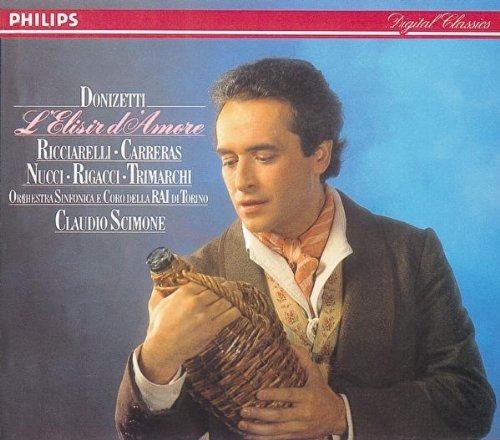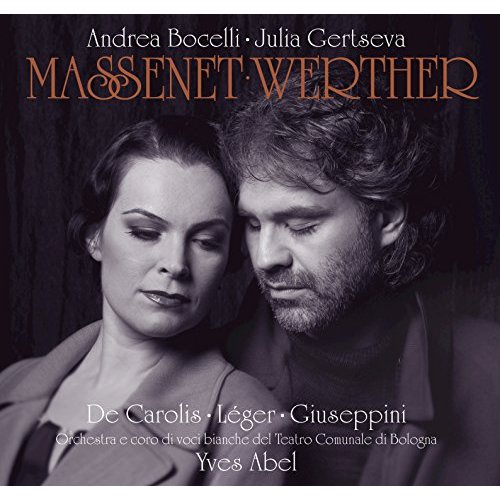Yes, such a thing exists as opera in English. Aside from operas that were originally written in English (such as the works of Britten and Gilbert & Sullivan), a wealthy philanthropist named Peter Moores financed a whole series of popular foreign-language operas sung in English and released on CD by Chandos.
While many opera purists no doubt turn up their noses at these recordings as inferior, I, at the current stage of my refinement, think they’re a fabulous idea and a great way to ease oneself into the opera world (maybe some day I’ll be more particular and snobby, but I hope not). They have been very helpful to me on my opera journey, and some of the English recordings are now among my favorites (Mozart’s Abduction From the Seraglio and Rossini’s Barber Of Seville
come immediately to mind).
When I first started listening to opera (mostly “greatest hits” type recordings by Luciano Pavarotti and Maria Callas
), I didn’t care to know what anyone was carrying on about – I just loved the music. But if you’re going to advance to listening to whole operas, you probably want an idea of what they’re singing and saying. You can, of course, follow along with a libretto, which is the printed text of the opera and its usually-included English translation, but if you don’t have one or are listening in the car like I do, then you’re out of luck.
Operas in English let you enjoy both the plot and the singing. They familiarize you with the story, which is really important in operas with lots of dialogue (think Mozart and Rossini) or recitative (half speech/half song), which is annoying to listen to if you don’t know the language. It’s like eavesdropping on someone speaking in a foreign tongue – what fun is that? Where’s the benefit? I suspect this is a large part of the reason why more people don’t enjoy opera.
Once you’re familiar with the opera sung in English, if you like it you can advance to an “authentic” recording of it in its native tongue. The reason for this is that usually there will be a wide range of recordings, singers, conductors and orchestras to choose from, which will likely be of higher quality (don’t get me wrong – I’ve found the quality of the Chandos operas in English to be excellent, and sometimes prefer them to all other recordings of an opera). Also, I have to admit – even if it is a bit snobby – that I often prefer an aria sung in its original language. It may be what I’m used to hearing, it may just sound better than it does in English, or perhaps I like to hear it by one of my favorite singers. What’s more, sometimes the words don’t resonate with me and I prefer to not know what they are! I can imagine they’re singing about something else.
There is also an argument out there that even when operas are sung in English, you can’t understand the words. This is somewhat ironic, but has some truth to it. Opera singing is so elaborate that it can be hard to understand at times (especially choral segments), even if it is in your native tongue. But you’ll surely pick up enough of the words to have a pretty good idea of what’s going on.
So I would strongly suggest listening to operas in English first. It’s a great entrance to the genre and to specific operas, and there are about fifty to choose from that encompass the most popular operas performed today.


